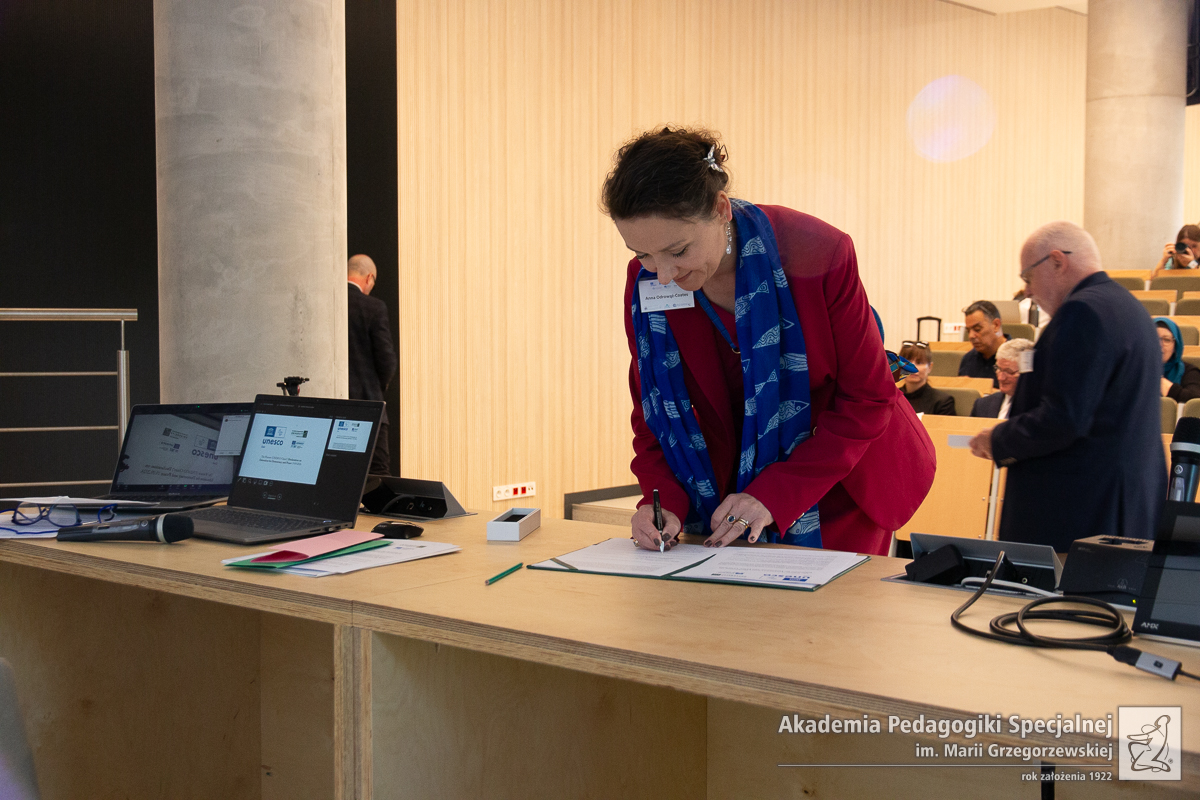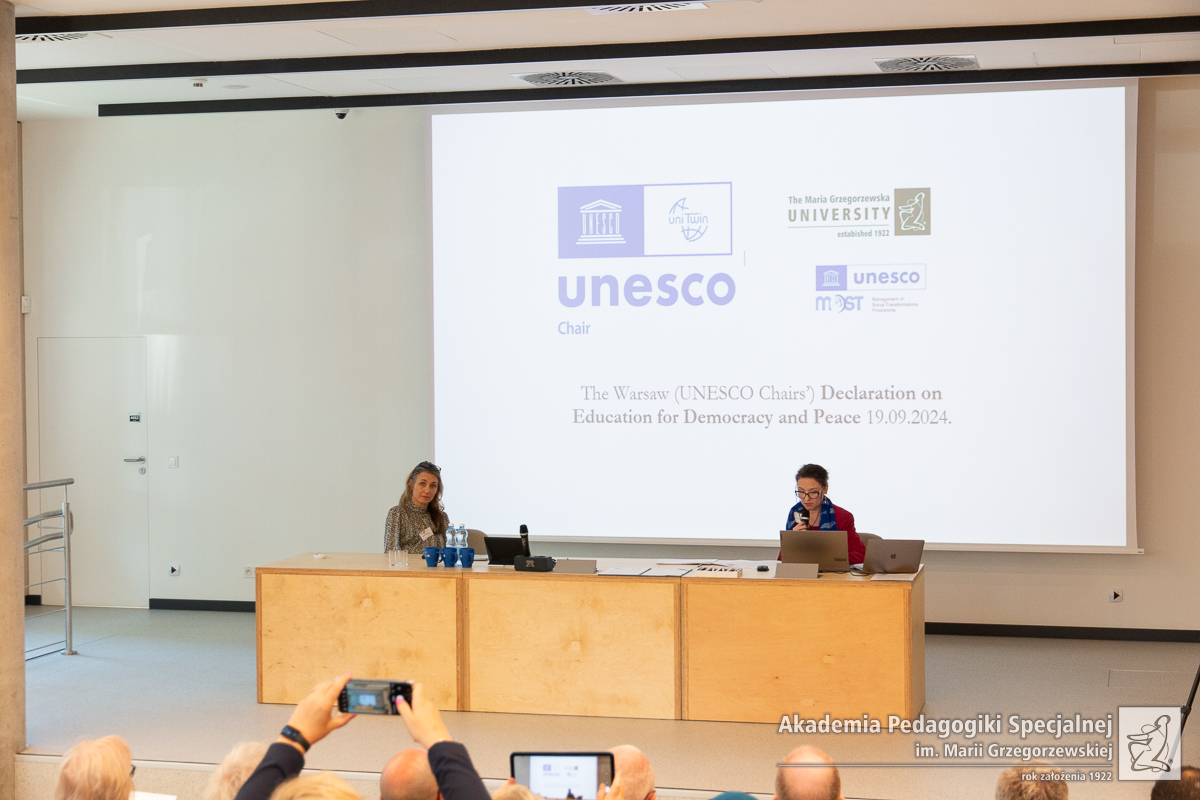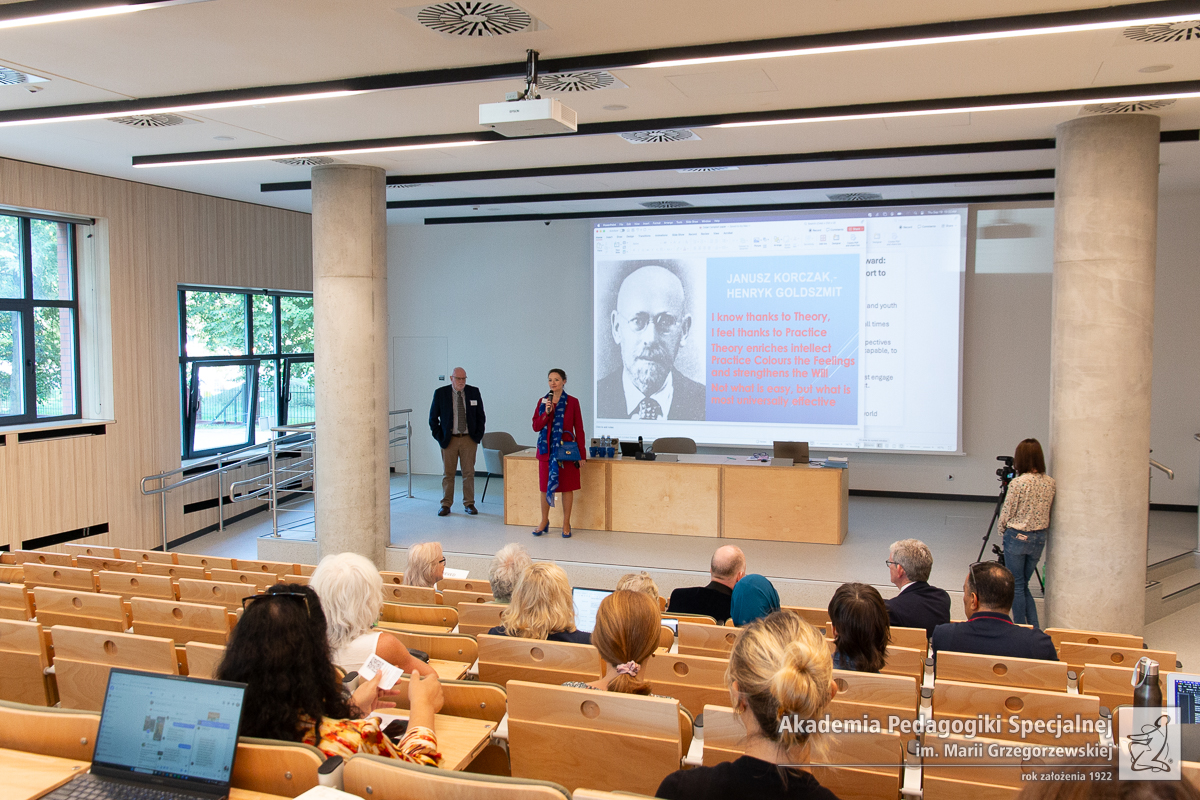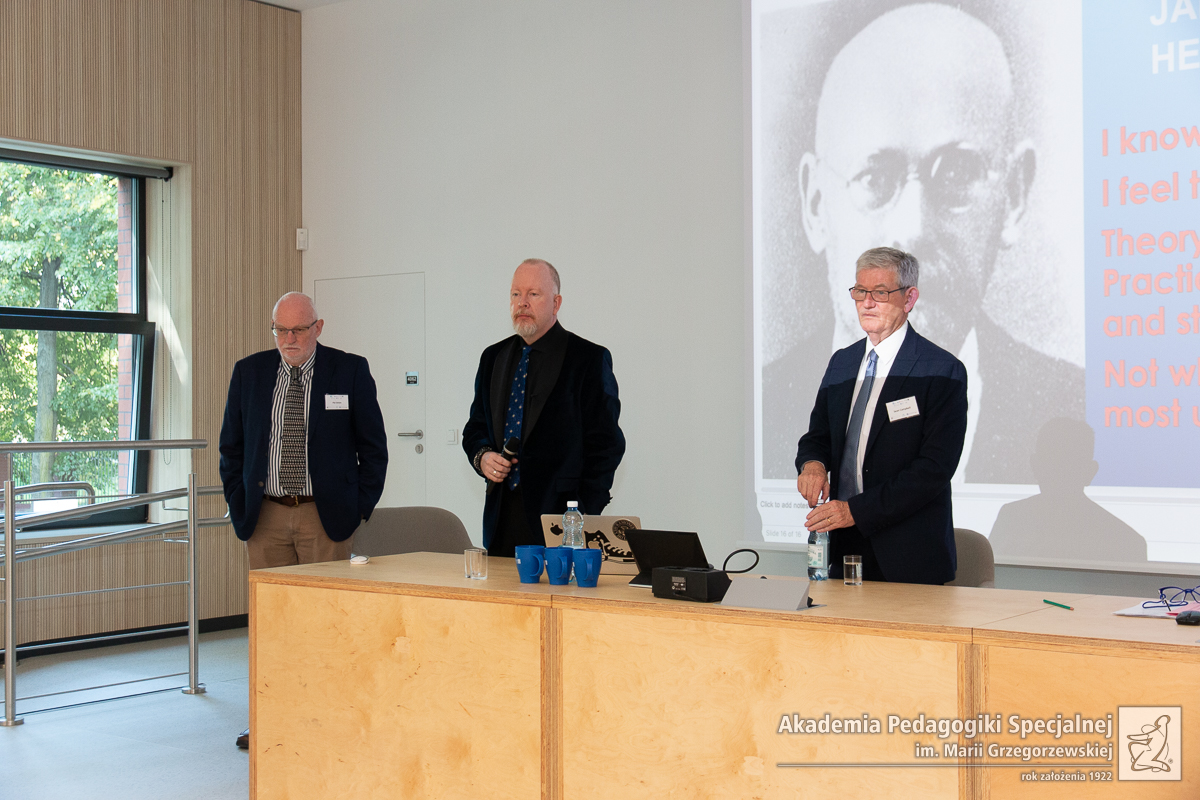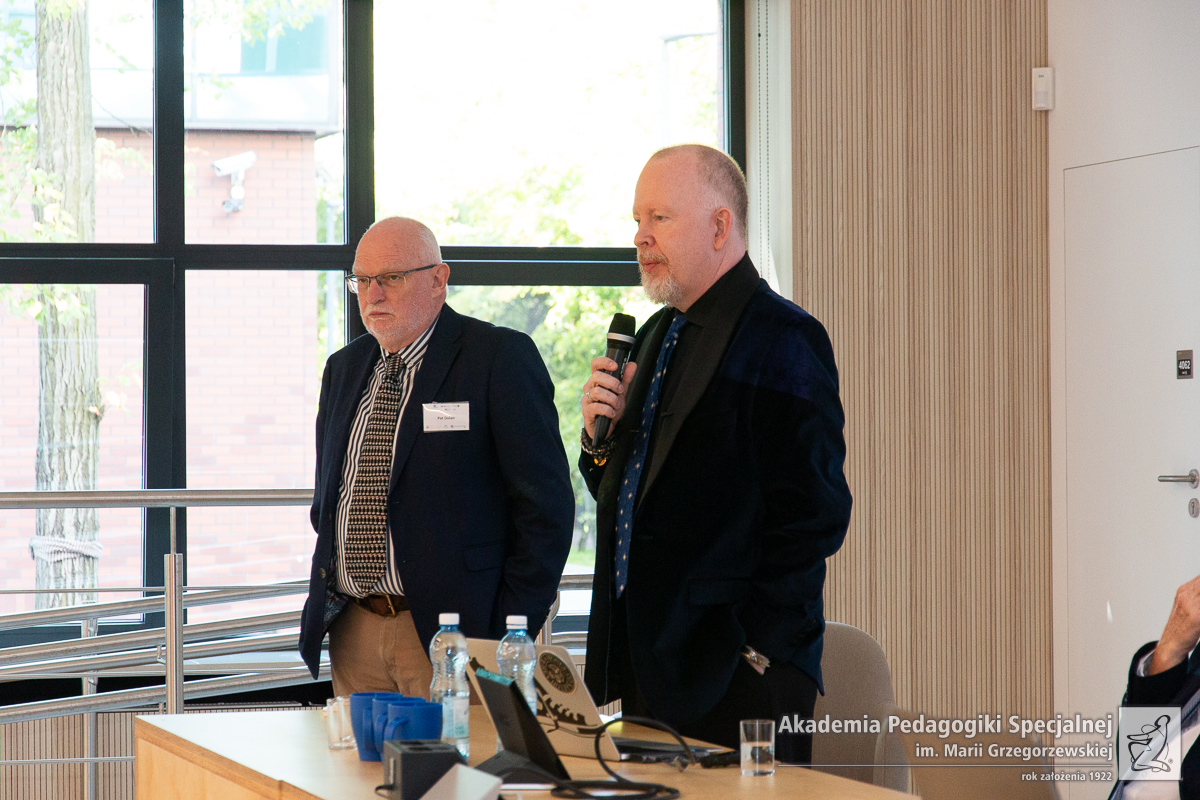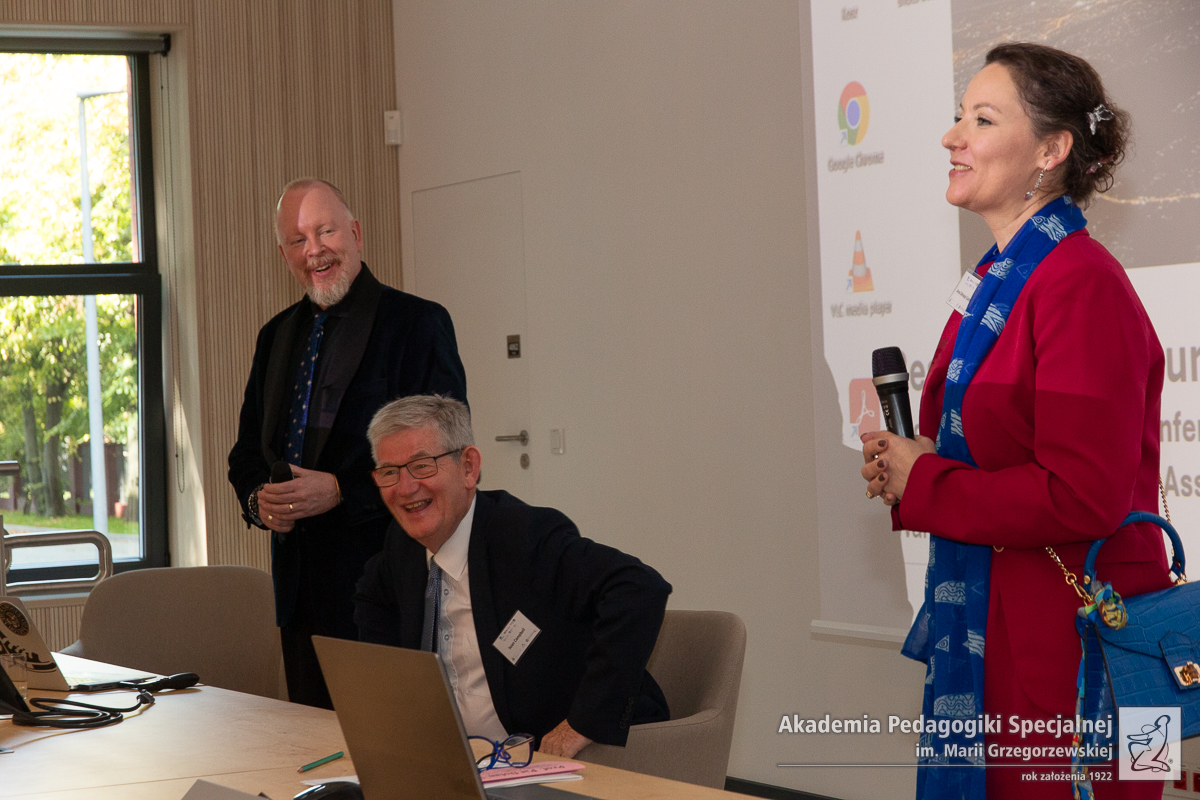The following signatories declare their support and ongoing commitment to the values of democracy and global citizenship by establishing the Declaration of Education for Democracy and Peace:
· The UNESCO Chair of Youth, Education and Society, Catholic University of Brasília, Brazil
· Cátedra UNESCO de Inclusión de Personas con Discapacidad y NEAE, Universidad Iberoamericana UNIBE, Dominical Republic
· UNESCO Chair in Children, Youth & Civic Engagement, University of Galway, Ireland
· UNESCO Chair in Women and Community Health, Nairobi, Kenya
· UNESCO Janusz Korczak Chair in Social Pedagogy, Maria Grzegorzewska University, Poland
· UNESCO Chair in Futures Studies/Futures Literacy at the University of Makeni, Sierra Leone
· UNESCO Chair in Global Citizenship Education for Peace through Youth and Community Engagement, Pennsylvania State University, USA
THE CONTENT of the DECLARATION
Following the Global Citizenship Education GCED 4 and the UN Agenda 2030, and in response to the MOST UNESCO priorities adopted in Paris on 18.06.2024, such as social inclusion, aligning socio-economic epistemological paradigms with the sustainable development goals, and most of all the issues of youth engagement and agency, a network of UNESCO Chairs, committed to the latter, ratifies and supports the following Declaration, from now known as The Warsaw (UNESCO Chairs’) Declaration on Education for Democracy and Peace 19.09.2024.
Signatories declare:
· Commitment to establishing, supporting and strengthening Education for Democracy and Peace
· Commitment to building public trust through education and research, developing a strong sense of identity and belonging to the local community and to the planet
· Commitment to taking action to strengthen the knowledge of legal systems, and economic awareness in terms of sustainability and social responsibility among young people and using the principle of lifelong learning
· Commitment to joining efforts to create space for joint UNESCO’s MOST schools
· Commitment to building social inclusion through promoting active, responsible, participatory citizenship in formal and informal education
The signatories acknowledge the need for establishing, supporting and strengthening Education for Democracy and Peace, as they see both formal and informal education as the pillar of Participatory, Active and Responsible Citizenship that protects values of freedom, equality and solidarity, with conscience of intergenerational needs of others, the local and the planetary contexts.
The signatories want to highlight the impact of Education for Democracy and Peace on building public trust, and developing strong sense of identity and belonging to the local community and to the planet.
Signatories believe that with agency, comes civic responsibility for sustainability, yet the citizenship democratic agency requires strengthening the knowledge of legal systems, and economic awareness in terms of sustainability and social responsibility.
Signatories will join efforts to create space for joint UNESCO’s MOST (Management of Social Transformations) schools for young researchers in their respective institutions to promote the above values and transform societies using Education for Democracy and Peace. Most schools employ the energy and agency of young people for sustainable and responsible social transformations drawing from education for democracy and peace. The Declaration will be publicly announced on 19.09.2024 during the MOST UNESCO School: Young Researchers Academy.
The declaration comes timely with the bottom-up citizen action of the third sector and educational actors in Poland, to establish A Year of Education for Democracy in parliamentary institutions, to increase the visibility and the message of support for democratic values and social stability. Formal and informal education requires socio-pedagogical1 interventions to foster democratic values across the education sector, traditional and social media, and through government interventions for raising awareness and encouraging agency through participatory citizenship action.
The recent rise of populist, totalitarian, authoritarian and polarizing narratives, together with political unrest and fake news observed in many parts of the world, require giving more attention to education for democracy and peace.
The initiators of the declaration share a passion for protecting and promoting human rights, youth activism and participation, empathy and well-being in education for democracy and peace.
The place of ratification of the declaration has a symbolic meaning. UNESCO Janusz Korczak Chair in Social Pedagogy (1) celebrates 20th anniversary. The mission of the chair to foster social inclusion, children's rights, and human rights, through high-quality accessible education and research shows commitment to UN Sustainable Development Goals. Being based in Warsaw, the city of Janusz Korczak, it draws from the philosophical heritage of Korczak eg. democratically run children's homes, children as already citizens not citizens in-making, and preserves the historic and cultural footprint of wars, holocaust and communist oppression, as a warning that democracy is permanently challenged and need careful re-seeding on an ongoing basis.
 PL
PL



